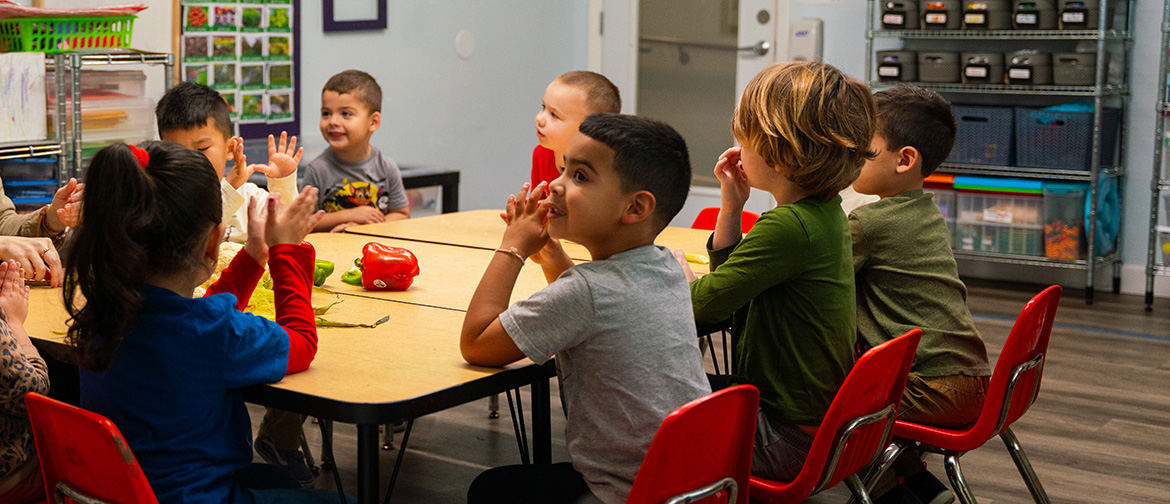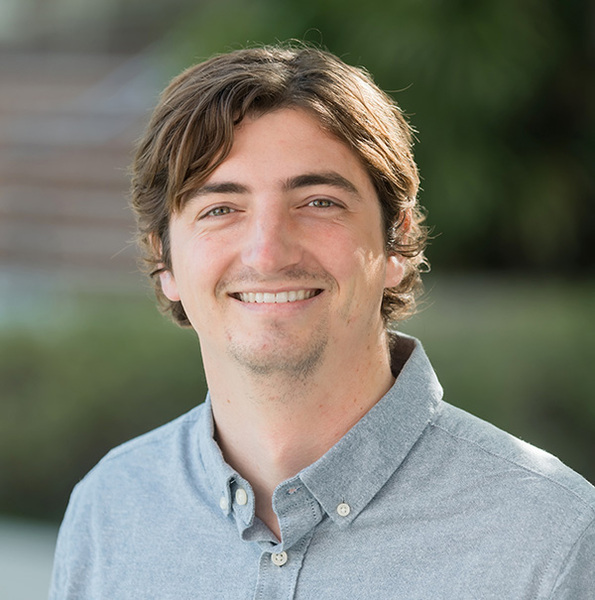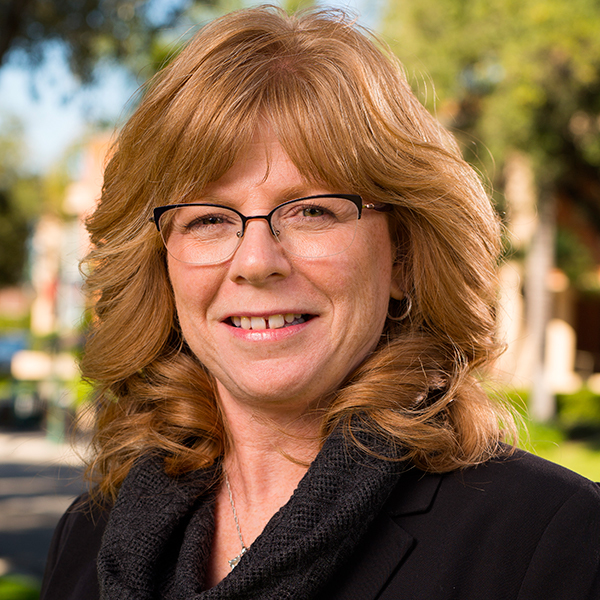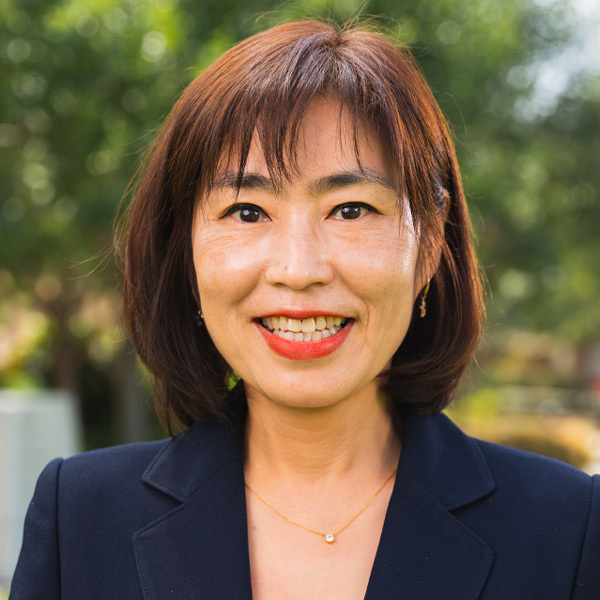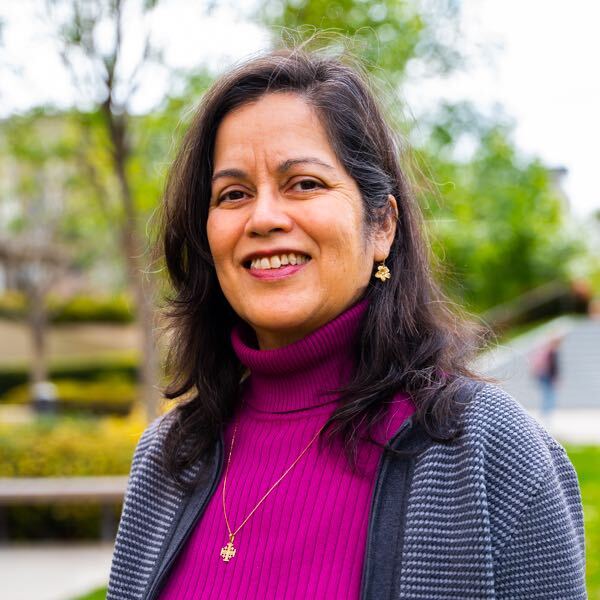PK-3 Early Childhood Education Specialist Instruction Credential
Overview
Biola University’s PK-3 Early Childhood Education (ECE) Specialist Instruction Credential allows students to study in a hybrid modality (at the undergraduate or graduate level) or fully online (at the graduate level). This credential prepares you to implement developmentally, spiritually, culturally and linguistically appropriate practices, ensuring each child’s unique needs are met. Start a fulfilling journey to become a well-rounded educator equipped to make a lasting impact in the lives of children from pre-kindergarten (pre-K) to third grade.
Our biblically-integrated credential program includes the following elements:
- Integrated Teaching Skills. Integrate research-based knowledge with effective pedagogy aligned with developmentally appropriate practice.
- Cultural Competence. Cultivate cultural competence by planning appropriate adaptations to maximize learning and identifying young children’s diverse needs through collaboration with their families.
- Hands-on Practice. Gain hands-on experience through fieldwork assignments throughout all early childhood coursework in local school districts with various age levels of children and curriculum experiences.
- Learning Community. Be a part of a community of learners who share a passion for education and are mentored by expert faculty who are experienced, early childhood educators.
- Public School Employment.Employment opportunities in California public schools upon obtaining the PK-3 Early Childhood Education Specialist Instruction Credential.
Explore different ways you can expand your education by viewing our Learning Opportunities page.
Mission and Vision
The mission of the PK-3 ECE Credential Program at Biola University is to equip early childhood educators with 1) integrated teaching skills that reflect research-based knowledge with effective pedagogy aligned with developmentally appropriate practice; 2) cultural competence by planning appropriate adaptations to maximize learning, identifying young children’s diverse needs through collaboration with families; 3) fieldwork experience with a variety of age levels and curriculum in local schools; and 4) expert faculty and community mentorship with professional early childhood educators.
The vision of the PK-3 ECE credential program is to produce holistic well-informed, and innovative educators who creatively apply their knowledge of developmentally, spiritually, culturally and linguistically appropriate research-based best practices to transform, educate, and respond to the learning needs of PK-3 children. They implement child-centered pedagogical practices, creating inclusive learning environments that value diverse children and their families.
Program Requirements
Students must meet and maintain the program requirements to successfully complete the PK-3 Early Childhood Education Specialist Instruction Credential program.
